The sun beat down on the electric sea of screaming fans, a kaleidoscope of blue and gold, the colors of the two university teams clashing for the NCAA National Championship. For FBI agent Jake Dukakis, off-duty and wedged between his wife, Maria, and their seven-year-old son, Leo, it was a slice of American heaven. The smell of hot dogs and popcorn, the roar of the crowd, the innocent excitement in his son's eyes – it was a perfect day.
"Daddy, can they really win it all?" Leo yelled over the din, his face painted with the fierce mascot of his father's alma mater.
Jake ruffled his son's hair. "They've got a shot, buddy. A real shot."
He caught Maria's eye, and she smiled, a radiant, beautiful smile that always made his heart skip a beat. Next to her, his best friend and fellow agent, Ben Carter, was already dissecting the opening plays with his wife, Sarah. They were more than friends; they were family. This day was a celebration of that bond, a rare moment of peace in their often-chaotic lives.
The first quarter was a blur of spectacular plays and deafening cheers. The game was living up to its hype, a nail-biter from the opening kickoff. Then, as the teams lined up for a crucial third down, a new sound cut through the stadium's roar. It wasn't the cheer of the crowd or the crack of helmets, but a series of sharp, concussive pops.
Panic, like a cold wave, washed over the stands. People rose from their seats, their faces a mixture of confusion and fear. Jake's instincts, honed by years of training, kicked in instantly. He pulled Maria and Leo close, his eyes scanning the stadium, searching for the source of the disturbance.
Men in dark tactical gear were swarming the field, their movements precise and militaristic. They weren't stadium security. The jumbo screens, which had just been replaying a touchdown, flickered and switched to a live feed of a man in a black mask, a rifle slung over his shoulder.
"Good afternoon, ladies and gentlemen," the masked figure's voice boomed through the stadium's sound system, chillingly calm. "Please, remain in your seats. Your cooperation will ensure your safety. Today, you are all participants in a new kind of game."
The crowd fell into a stunned silence, the festive atmosphere of moments before now replaced by a thick, suffocating dread. The man on the screen explained their demands, and with each word, the situation spiraled into a nightmare.
They called themselves the "Vindicators of Justice," and they had a simple, brutal ultimatum: the presidents of the two universities, both present in a luxury suite, were to be executed on live television. If their demand was not met within two hours, they would release a deadly nerve gas into the stadium, killing every man, woman, and child.
Jake's blood ran cold. He looked at Maria, her face pale with terror, and at Leo, who was starting to cry, sensing the shift in the adults around him. This wasn't just a hostage situation; it was a death sentence for over seventy thousand people.
He locked eyes with Ben, a silent communication passing between them. They were FBI agents, but they were also unarmed, trapped in a sea of helpless civilians. Their badges and guns were miles away, useless. But they had their training, their minds, and a fierce determination to protect their families.
As the masked figure on the screen continued his diatribe, Jake began to work. He pulled out his phone, feigning a message to a worried relative, but was actually sending a coded text to the FBI's Washington field office. He detailed their location, the nature of the threat, and the number of hostiles he could see.
"What do we do?" Maria whispered, her voice trembling.
"We stay calm," Jake said, his voice a steady anchor in the storm of fear. "We watch. We listen. And we wait for our moment."
He began to analyze their surroundings, noting the terrorists' positions, their weaponry, and their patterns of movement. They were well-organized, disciplined. This wasn't a spontaneous act of violence; it was a carefully planned operation.
An hour crawled by, each second stretching into an eternity. The tension in the stadium was a palpable thing, a living entity that grew with each passing minute. Jake knew that a full-scale assault was too risky. The nerve gas was the trump card, a checkmate that prevented any conventional response. The solution had to come from within.
He noticed a young man a few rows down, a student from the university's engineering program, surreptitiously fiddling with a small device in his lap. Jake caught his eye and gave a subtle nod. The student, recognizing a kindred spirit in the chaos, nodded back. He was trying to build a signal jammer.
Slowly, a small network of resistance began to form. A retired army colonel, a doctor, a group of resourceful students – all bound by a common will to survive. Jake, with Ben's help, became the de facto leader, coordinating their efforts through hushed whispers and discreet hand signals.
The plan was audacious, bordering on suicidal. They would create a diversion, a multi-pronged distraction designed to draw the terrorists' attention away from the luxury suite and the nerve gas canisters. The engineering student's jammer would disrupt their communications, while the colonel would use his knowledge of military tactics to coordinate a series of small, disruptive actions throughout the stadium.
With thirty minutes left on the clock, the stadium lights suddenly flickered and died, plunging the massive bowl into a semi-darkness, lit only by the emergency lights and the fading afternoon sun. The crowd, sensing a shift, began to chant, a low, rumbling hum that grew into a roar of defiance. It was the diversion.
In the ensuing confusion, Jake and Ben, along with a handful of others, moved. They slipped through the panicked crowds, their movements swift and silent. Their target was the central control room, where the nerve gas deployment system was located.
The final confrontation was a blur of desperate, brutal action. They were outnumbered and outgunned, but they fought with the ferocity of cornered animals, driven by the thought of their families trapped in the stands. Jake, using a fire extinguisher as a makeshift weapon, managed to incapacitate two of the terrorists, clearing a path for the engineering student to reach the control panel.
With seconds to spare, the student slammed his hand down on the emergency override, deactivating the nerve gas release. At that moment, the thunderous sound of helicopters filled the air as FBI tactical teams descended on the stadium.
The siege was over.
As Jake stumbled back into the stands, the first rays of the setting sun breaking through the clouds, he saw Maria and Leo, safe, their faces streaked with tears of relief. He pulled them into a fierce embrace, the roar of the rescued crowd a symphony of life.
The day had started with the promise of a championship game, a celebration of sport and camaraderie. It had ended with a different kind of victory, one not measured by points on a scoreboard, but by the lives that had been saved. For Jake Dukakis, it was a stark reminder that the most important games are not played on a field, but in the heart, in the face of unimaginable darkness.

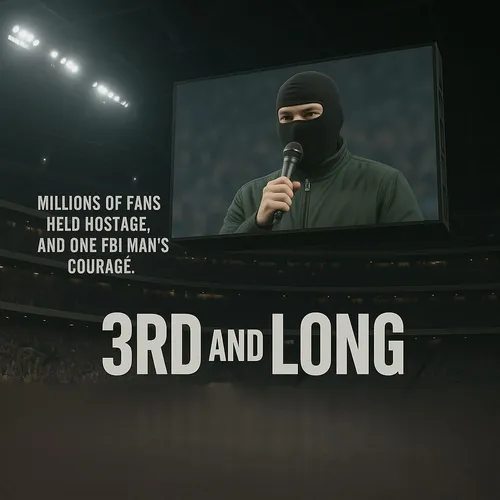


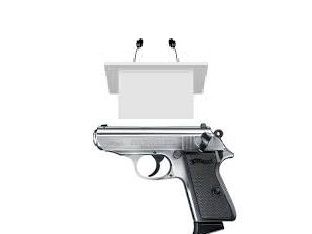



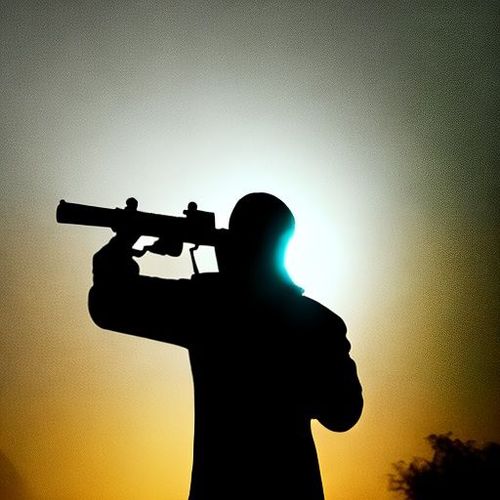
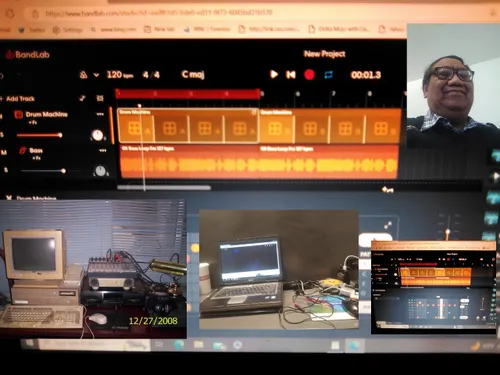
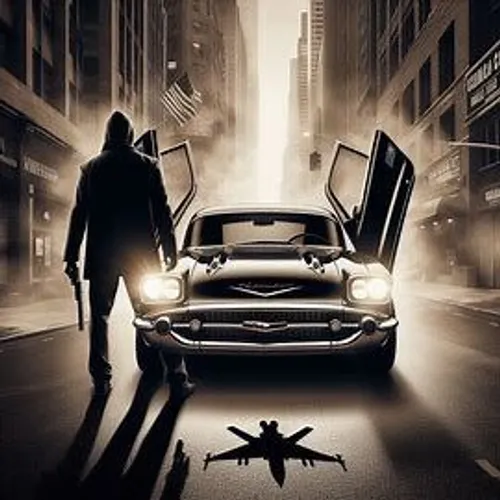


This story has not been rated yet. Login to review this story.